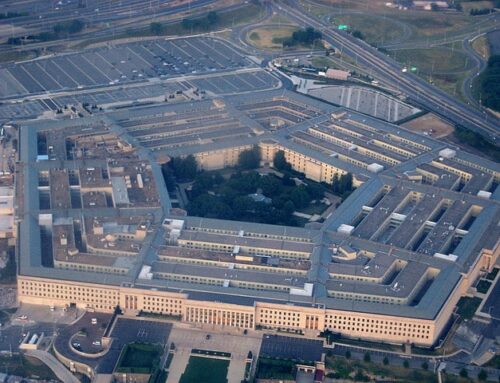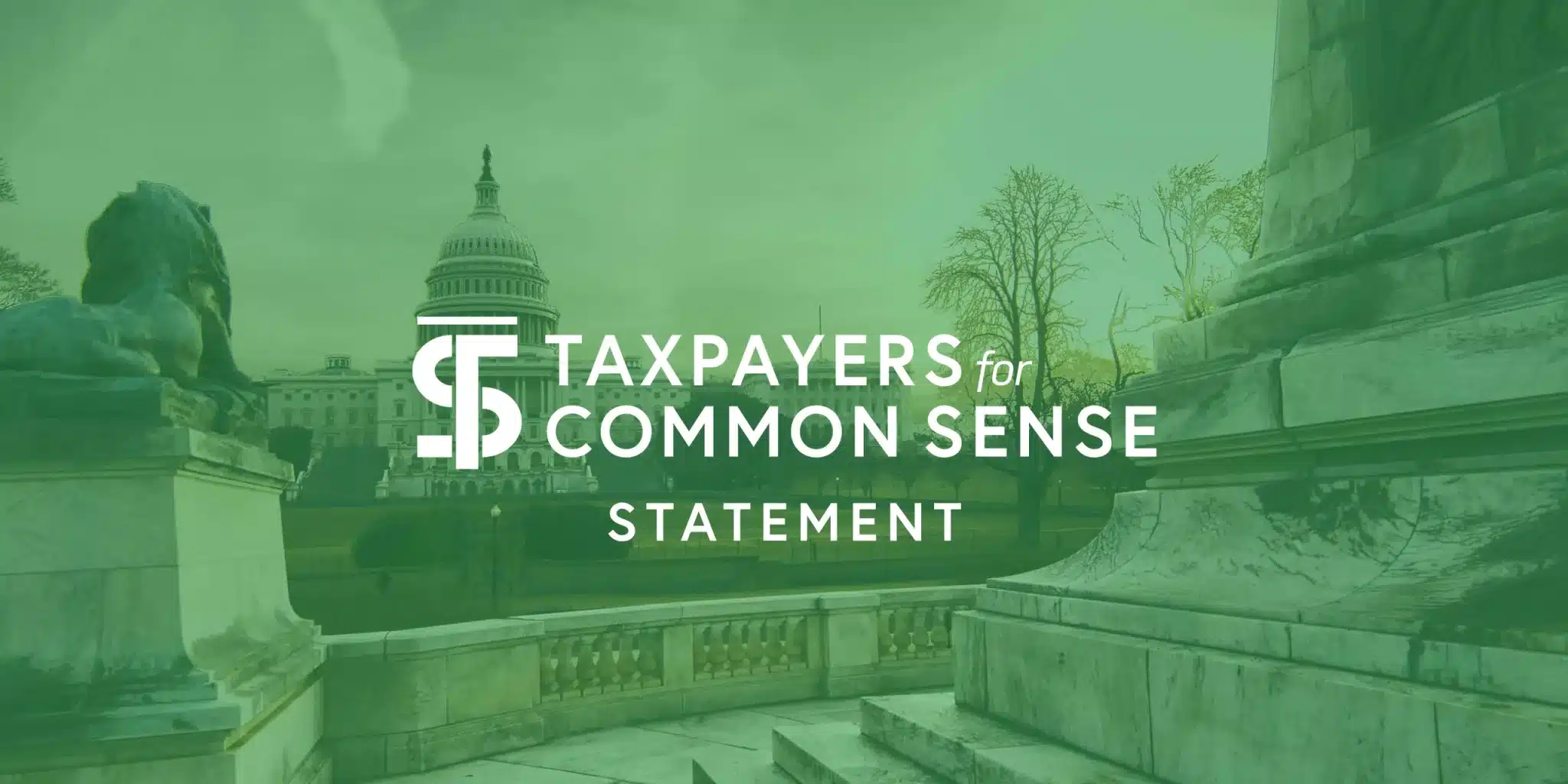As Congress continues to threaten to withhold funds from the Department of Homeland Security (DHS) for failing to provide cost estimates for its planned border fence, the agency is hiring contractors to start pouring concrete.
The United States Army Corps of Engineers posted Requests for Proposals to build six segments of the border fence in Texas on a government web site last week. Three of the segments will be built near the Rio Grande Valley in Cameron County, an area that largely opposed DHS’s plans and where several groups have filed lawsuits against the agency. Two other segments are planned around Eagle Pass and another near Del Rio.
The RFPs limited the opportunity to bid on these lucrative contracts to a select group of pre-approved contractors. The largest federal contractor among the twelve approved companies is Kellogg, Brown and Root Services, which until recently held the Army’s multibillion LOGCAP logistics contract in Iraq. Other companies include Kiewit Texas Construction and Tetra Tech Inc., both of which worked on the San Diego border fence. Details of the RFPs, including projected start dates, are password-protected and marked “sensitive.”
The exact location of the fence segments is unclear, as DHS has refused to release any detailed planning or cost estimates to the public. The only existing cost analysis, conducted by the Army Corps of Engineers a decade ago, assumed that labor would be provided on the military’s dime, not by private contractors. Now that the overstretched National Guard is pulling out of border installations like San Diego, however, DHS is apparently looking to the private sector.
Language in the 2008 omnibus appropriations act warned Congress would withhold half of DHS’ $1.2 billion in fence funding until DHS submitted an expenditure plan. The legislation spelled out fourteen elements that the plan had to cover, including an analysis of costs and alternatives to fencing for each fifteen-mile segment. After the agency submitted the plan in April, House Appropriations Homeland Security Subcommittee Chairman David Price (D-NC) pointed out during a hearing that the cost and segment analyses were “conspicuously missing.” The Government Accountability Office is expected to release a report later this month stating that DHS met only half of the legislative requirements.
A committee spokesman says Congress will hold on to its $650 million while it works with DHS to resolve their differences. In the meantime, DHS is clearly plowing ahead with its fence-building plans—despite strong fiscal concerns raised by the Congressional committee that signs its checks.
Contact: Laura Peterson at info@taxpayer.net











Get Social